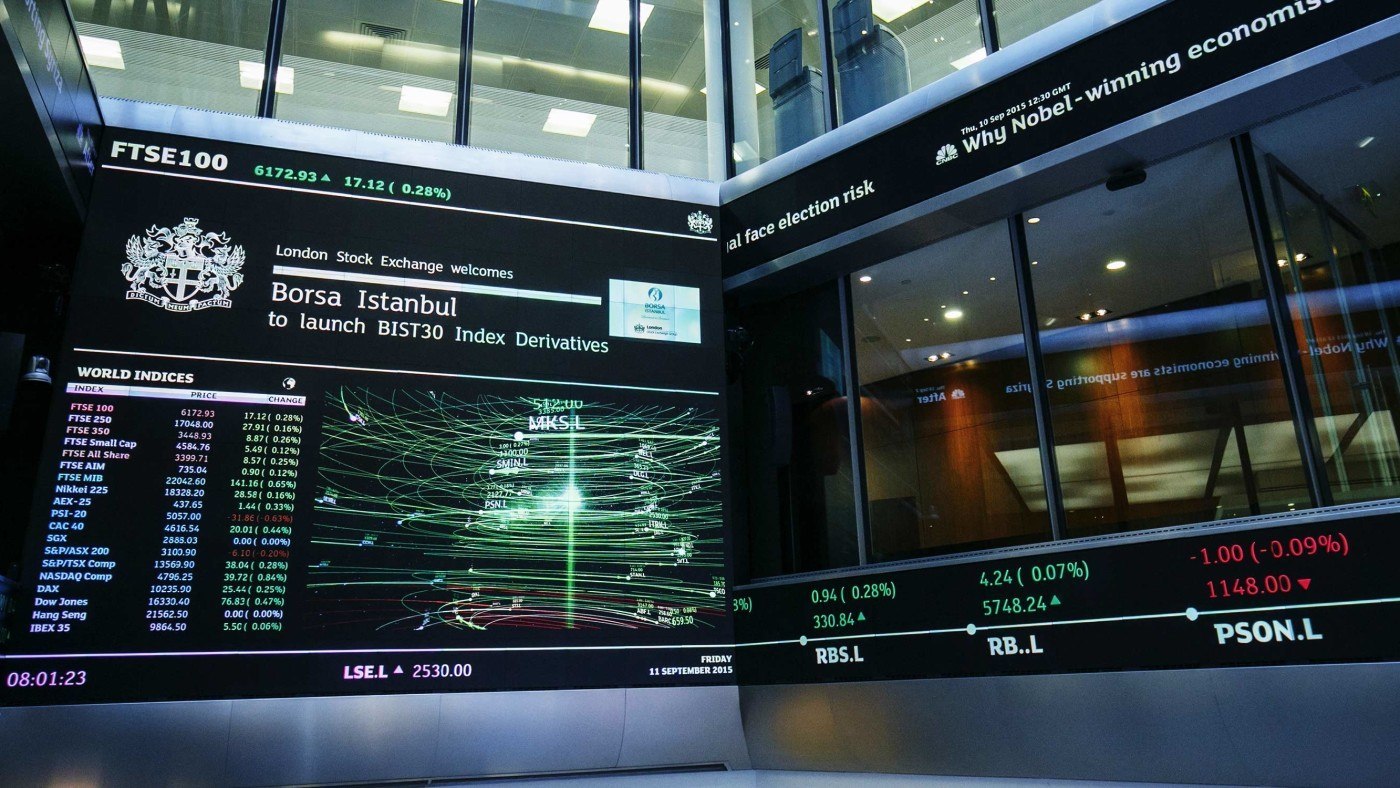Part of the problem with writing a book about the history of the City of London – as I’m doing now – is that it is easy to become obsessed with the place. After all, the City’s story stretches back so long and features such a fascinating array of personalities, crazy stories and important innovations that shaped the way we live now. The battle, as I’m discovering, is to fit even a fraction of it in and hope it makes sense to the non-specialist reader. I’m a non-specialist myself, and as an outsider in the City I simply want to try and understand its impact and tell the story.
But that obsession means that when the news popped up just there that the London Stock Exchange is in talks to merge with Deutsche Boerse, the German stock exchange, my first thought was this: oh no, not again, here we go.
There have been two previous attempts – in 2000 and 2004/05 – to arrange such a deal, and there are usually objections to a “great British” institution being bought over. I hope there isn’t any such nonsense this time. That is not to say the London stock market is unimportant. Of course it matters. But it has long since been international and it is a world away from the thoroughly British institution of thirty years ago. Then – until the Big Bang of 1986 – it was a membership organisation, owned by its members, and at one point, stemming from the First World War, there were even restrictions on foreign membership. Banks couldn’t be members and there were strict divisions between stockbrokers, taking orders to buy and sell shares for their clients, and jobbers (market makers) who took the risk, holding the stock, finding a buyer and making profit from the margin between the buy price and the sell price. The place also had a very special relationship to the gilts market, or the UK government debt market, as the government broker (always from Mullens, wearing a top hat) helped the government of the day get its debt away. Those arrangements have long since been scrapped, along with open outcry on the stock exchange floor. At Big Bang, membership was opened up and the trading switched to terminals and telephones at desks stationed on new, large trading floors well away from the physical Exchange building. The members were bought out, and eventually the shares in the Stock Exchange were traded like those of any other company.
What is left of the London Stock Exchange is an electronic platform, a financial information company employing 4700 people and a terrific brand. It is owned by a range of shareholders. Last year the Qataris reduced their stake. In March 2015 Borse Dubai sold its 17.4% stake for somewhere in the region of £1.5bn.
If anyone tells you that this latest deal with Germany is somehow terrible or fearful, tell them not to be silly. It is what the Brits do now and we are past the point of return. We are traders. We sell ourselves. Last year, foreign ownership of British companies passed the 50% mark. It means we sell our football clubs, our banks, our property, our music, our hotels and now “our” stock exchange.


